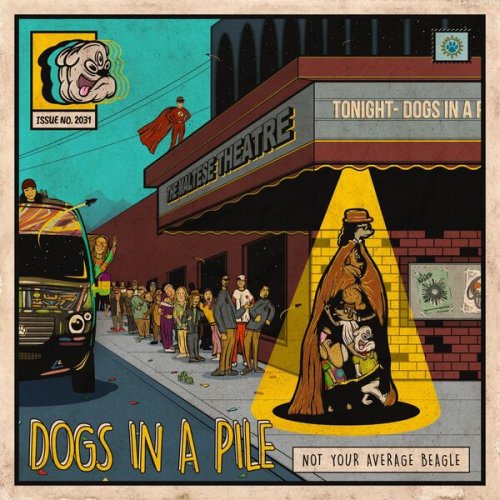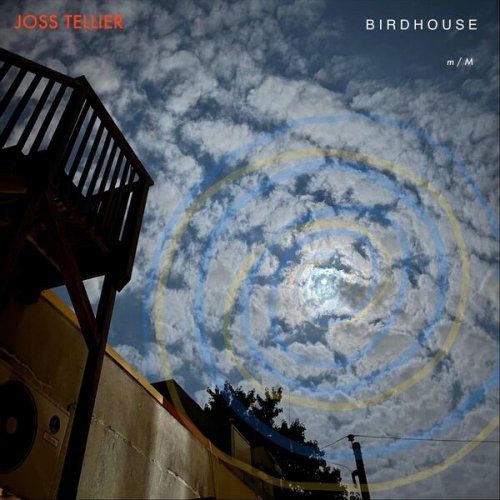Afenginn - OPUS (2016)
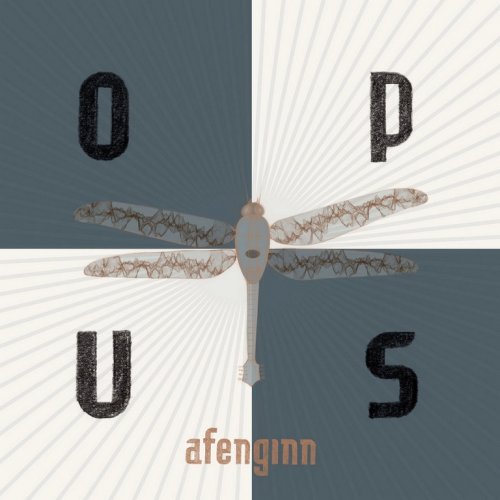
Artist: Afenginn
Title: OPUS
Year Of Release: 2016
Label: Westpark Music #87315
Genre: Progressive Rock, Avant-Prog, Avant-Folk, RIO
Quality: EAC Rip -> FLAC (Img+Cue, Log) / MP3 CBR320
Total Time: 2CD (00:41:58 + 00:41:16)
Total Size: 444 / 201 Mb (Full Scans ~ 140 Mb)
WebSite: Album Preview
Title: OPUS
Year Of Release: 2016
Label: Westpark Music #87315
Genre: Progressive Rock, Avant-Prog, Avant-Folk, RIO
Quality: EAC Rip -> FLAC (Img+Cue, Log) / MP3 CBR320
Total Time: 2CD (00:41:58 + 00:41:16)
Total Size: 444 / 201 Mb (Full Scans ~ 140 Mb)
WebSite: Album Preview
The title of the new album says it all: Opus, the new release of Danish music project Afenginn, has indeed become a major work, consisting of four movements - just like a classical symphony. Within those pieces, an unusual world of sounds unfolds, largely unspoilt by traditional patterns and structures. Influenced by folk, world music and classical music, Afenginn have created their own individual style, acoustic, innovative, dynamic and doleful, which has brought them a wealth of awards and grants in their home country as well as worldwide appreciation and success.
Afenginn was founded in 2002 in Copenhagen by musicology student Kim Rafael Nyberg from Finland and Rune Kofoed from Denmark. They quickly assembled a crew of fellow musicians also willing to stray from the beaten track and explore new sounds. Using mandolin, violin, clarinet, bass and drums, Afenginn combined the mystic melancholy of Scandinavian folk with the rhythmic energy of Balkan music, a mix that worked particularly well at gigs, where Afenginn proved that their name – an Old Norse expression for intoxication and strength - had not been chosen idly.
Afenginn always went their own way: They were offered their first record contract after playing a gig on the Faroe Islands in a sunken fishing boat that had been turned into a miniature venue. They played with symphonic orchestras and accompanied ballet productions, created an album with brass and choir, and when there were any vocals on their records at all – Retrograd, their debut album, was entirely instrumental – then they had their lyrics created by Timo Haapaniemi, an old friend of Nyberg, who blended elements from different languages like Latin, Finnish, Spanish or German into associative, surreal lines. Nyberg, responsible for all Afenginn compositions, explains: “I didn’t want English lyrics, because you’re put in a box so quickly.”
Their second album Akrobakkus (2006) gained a lot of attention in Denmark, and Afenginn were showered with awards; two years later, they received a remarkably ample grant by the Danish Arts Council. In 2008, well-known session guitar player Aske Jacoby joined the band. Apart from his musical talents, he also brought a lot of business acumen to the project which opened new perspectives – soon afterwards, Afenginn signed with the German label Westpark, and in 2010, they played at the world-famous Roskilde Rock Festival.
With their fifth Album Lux (2013), Afenginn began to turn away from what they themselves had called “bastard etno” sound. “We did it the way a classical group would work,” Nyberg said at the time. “I think the result is somewhere between cinematic chamber music and Sigur Rós.” Opus is now taking them further down this road: Nyberg constructed the album like a classical symphony, consisting of four movements, each of them about 20 minutes long and interconnected by recurring motifs and rhythms.
“Opus is the result of a series of unforeseen circumstances, as well as the synergy and effort of many people,” says Nyberg. “In a small way this mirrors how life often evolves: uncontrollable, unforeseeable, yet still somehow navigable. As a composer in the midst of this unfolding play, I am reminded that different qualities usually lead to a whole which is greater than the sum of its individual parts. These are part of the sentiments I wish to express with Opus.”
And indeed, the unforeseeable played a decisive role in the creative process: While on tour in Australia, Nyberg had an accident and was left with a huge haematoma on his leg which made flying impossible, leaving him stranded in Tasmania for 40 days. But the involuntary rest far away from home lead to an unexpected outburst of creativity, making him rediscover the fascination of Scandinavian folk traditions. When Nyberg finally returned to Copenhagen, most of the new album had been written.
The new tracks were recorded with a slightly different line-up – Rune Kofoed left the band in mutual agreement, and with Ulrik Brohuus and Knud Finsrud, two new drummers took his place, enforcing the rhythmic structures with their joint playing. Still on board are – apart from Kim Nyberg on mandolin – clarinet player Rasmus Krøyer, violinist Niels Skovmand and Erik Olevik on cello and bass. But just like on every Afenginn album, a number of guest musicians lent a hand, such as singer Ólavur Jákupsson (best known from his work with Yann Tiersen) and Ale Carr from Dreamers Circus on cittern. “Denmark and Copenhagen are not that big,” says Nyberg. „You know who’s there.”
This way, a great work has come from a small country. Opus has turned out ambitious and moving – touching in its quieter passages, electrifying in its wild, exuberant and epic moments. It is not a record made up of easily accessible pop singles, but it offers a wealth intense and profound experiences for anyone willing to embrace it. “This is one statement I wanted to make with this record,” Nyberg concludes. “It doesn’t always have to be instant gratification. It’s not all Facebook videos and small articles. It’s okay to make something bigger. More like a long-term relationship than a one-night stand.”
Afenginn was founded in 2002 in Copenhagen by musicology student Kim Rafael Nyberg from Finland and Rune Kofoed from Denmark. They quickly assembled a crew of fellow musicians also willing to stray from the beaten track and explore new sounds. Using mandolin, violin, clarinet, bass and drums, Afenginn combined the mystic melancholy of Scandinavian folk with the rhythmic energy of Balkan music, a mix that worked particularly well at gigs, where Afenginn proved that their name – an Old Norse expression for intoxication and strength - had not been chosen idly.
Afenginn always went their own way: They were offered their first record contract after playing a gig on the Faroe Islands in a sunken fishing boat that had been turned into a miniature venue. They played with symphonic orchestras and accompanied ballet productions, created an album with brass and choir, and when there were any vocals on their records at all – Retrograd, their debut album, was entirely instrumental – then they had their lyrics created by Timo Haapaniemi, an old friend of Nyberg, who blended elements from different languages like Latin, Finnish, Spanish or German into associative, surreal lines. Nyberg, responsible for all Afenginn compositions, explains: “I didn’t want English lyrics, because you’re put in a box so quickly.”
Their second album Akrobakkus (2006) gained a lot of attention in Denmark, and Afenginn were showered with awards; two years later, they received a remarkably ample grant by the Danish Arts Council. In 2008, well-known session guitar player Aske Jacoby joined the band. Apart from his musical talents, he also brought a lot of business acumen to the project which opened new perspectives – soon afterwards, Afenginn signed with the German label Westpark, and in 2010, they played at the world-famous Roskilde Rock Festival.
With their fifth Album Lux (2013), Afenginn began to turn away from what they themselves had called “bastard etno” sound. “We did it the way a classical group would work,” Nyberg said at the time. “I think the result is somewhere between cinematic chamber music and Sigur Rós.” Opus is now taking them further down this road: Nyberg constructed the album like a classical symphony, consisting of four movements, each of them about 20 minutes long and interconnected by recurring motifs and rhythms.
“Opus is the result of a series of unforeseen circumstances, as well as the synergy and effort of many people,” says Nyberg. “In a small way this mirrors how life often evolves: uncontrollable, unforeseeable, yet still somehow navigable. As a composer in the midst of this unfolding play, I am reminded that different qualities usually lead to a whole which is greater than the sum of its individual parts. These are part of the sentiments I wish to express with Opus.”
And indeed, the unforeseeable played a decisive role in the creative process: While on tour in Australia, Nyberg had an accident and was left with a huge haematoma on his leg which made flying impossible, leaving him stranded in Tasmania for 40 days. But the involuntary rest far away from home lead to an unexpected outburst of creativity, making him rediscover the fascination of Scandinavian folk traditions. When Nyberg finally returned to Copenhagen, most of the new album had been written.
The new tracks were recorded with a slightly different line-up – Rune Kofoed left the band in mutual agreement, and with Ulrik Brohuus and Knud Finsrud, two new drummers took his place, enforcing the rhythmic structures with their joint playing. Still on board are – apart from Kim Nyberg on mandolin – clarinet player Rasmus Krøyer, violinist Niels Skovmand and Erik Olevik on cello and bass. But just like on every Afenginn album, a number of guest musicians lent a hand, such as singer Ólavur Jákupsson (best known from his work with Yann Tiersen) and Ale Carr from Dreamers Circus on cittern. “Denmark and Copenhagen are not that big,” says Nyberg. „You know who’s there.”
This way, a great work has come from a small country. Opus has turned out ambitious and moving – touching in its quieter passages, electrifying in its wild, exuberant and epic moments. It is not a record made up of easily accessible pop singles, but it offers a wealth intense and profound experiences for anyone willing to embrace it. “This is one statement I wanted to make with this record,” Nyberg concludes. “It doesn’t always have to be instant gratification. It’s not all Facebook videos and small articles. It’s okay to make something bigger. More like a long-term relationship than a one-night stand.”
Track List CD1:
01. O1: Intro [01:40]
02. O2: Bordrone [03:00]
03. O3: Guzzy [02:27]
04. O4: Luna Televisio [04:54]
05. O5: Quicksilver [05:15]
06. O6: Plantaris [04:13]
07. P1: Lentoperho [05:51]
08. P2: Vespersong [04:27]
09. P3: Partiro Futile [04:35]
10. P4: Gronja [05:41]
Track List CD2:
01. U1: Tabbouleh Rasa [04:05]
02. U2: Rasende Tabul [03:34]
03. U3: Ether [05:18]
04. U4: Akkapolska [05:04]
05. S1: Fototoksik [03:40]
06. S2: Pandemonium [04:19]
07. S3: Amore Memoriam [05:40]
08. S4: Axiom [09:40]
***************
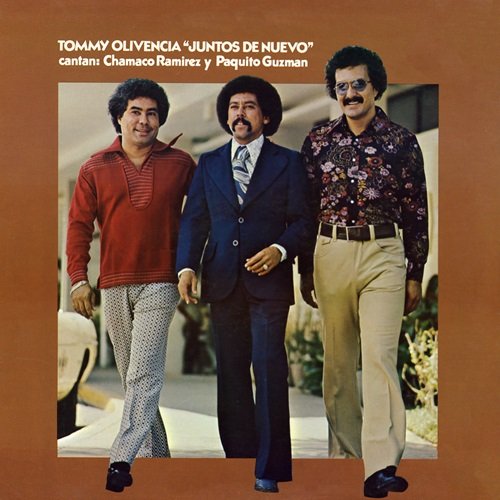
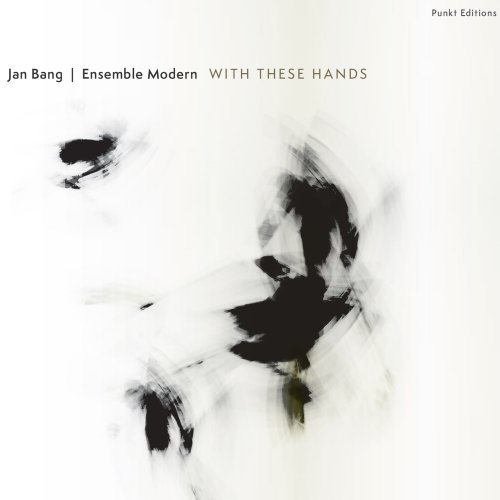
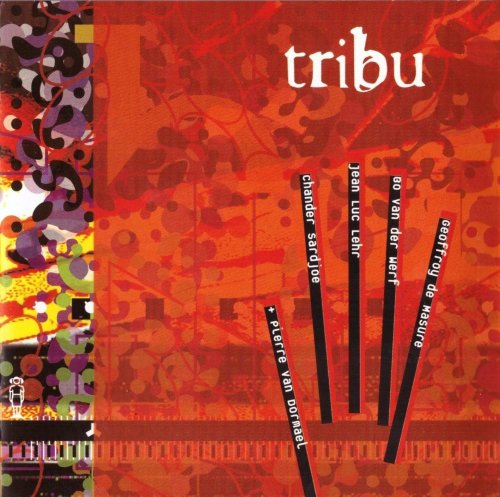
![Puma Blue - Croak Dream (2026) [Hi-Res] Puma Blue - Croak Dream (2026) [Hi-Res]](https://www.dibpic.com/uploads/posts/2026-02/1770296276_il18cxkt8vg4a_600.jpg)
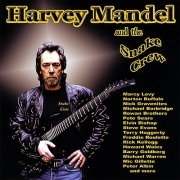
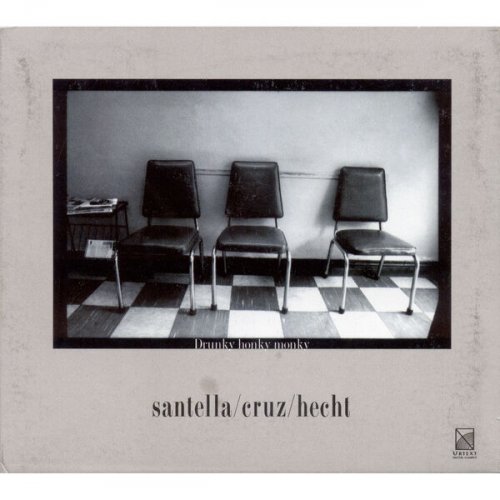
![Mimika Orchestra - Medzotermina (2025) [Hi-Res] Mimika Orchestra - Medzotermina (2025) [Hi-Res]](https://img.israbox.com/img/2026-02/02/vi2nypd84ymca2vap8s28zj4d.jpg)
